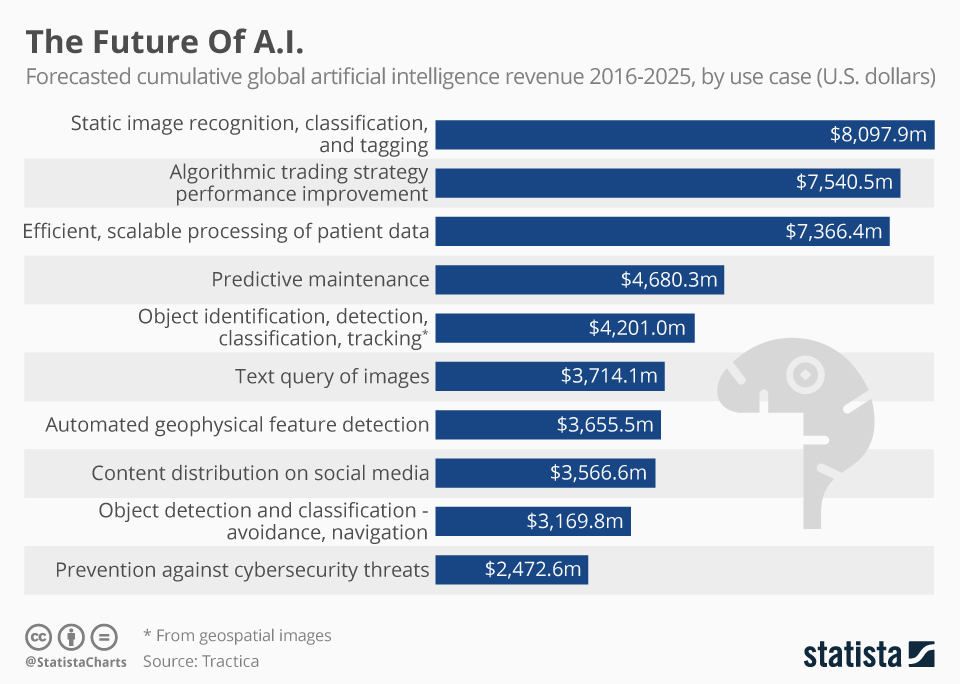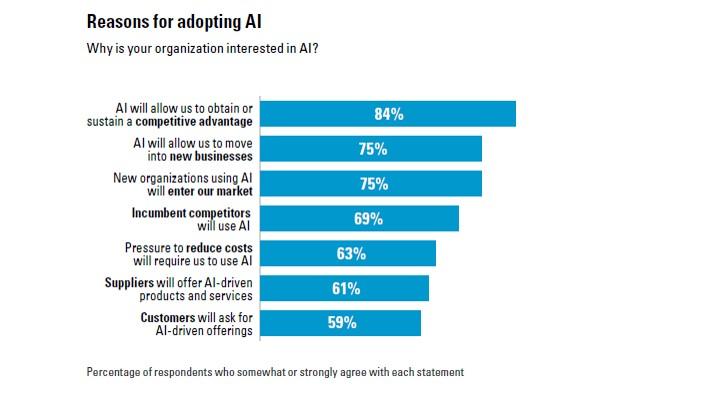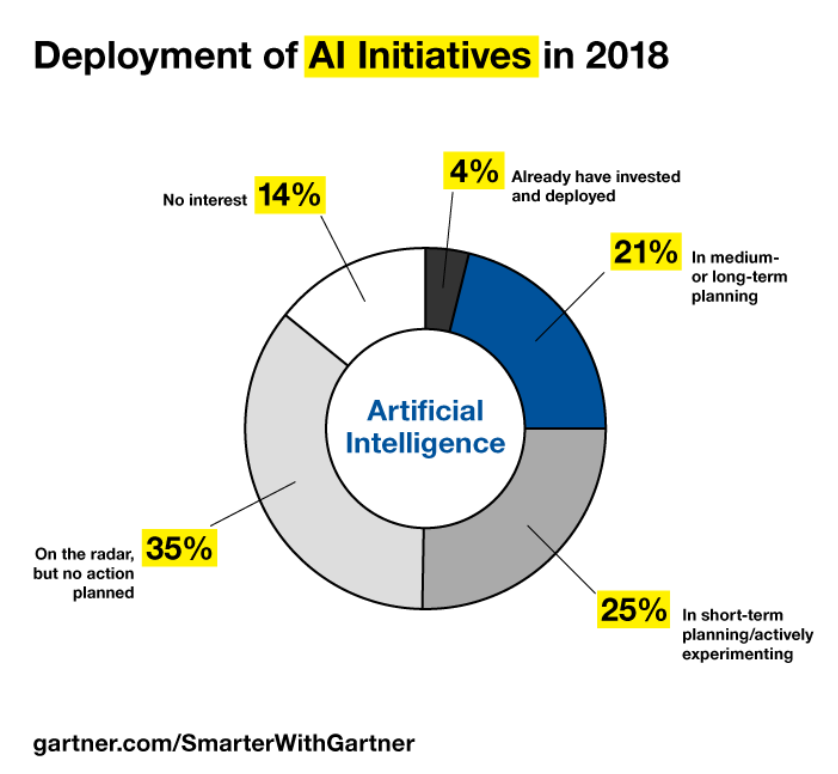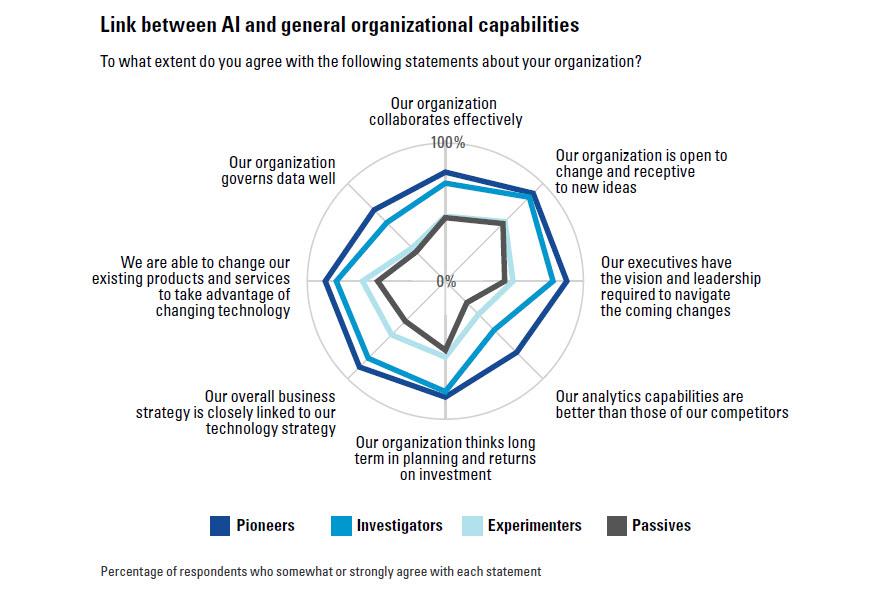
Artificial intelligence (AI) does a job we weren’t necessarily crazy about doing anyway, it does it quietly, and well, and then we take it for granted – Seth Godin
Technology brings significant changes to our shopping habits. E-commerce is enhancing this whole buy-sell experience, both for sellers and consumers.
Artificial intelligence personalizes and upgrades the shopping experience for users. For retailers, it is a way to improve sales and customer relationships. This became a significant part of the way a lot of consumers interact with digital platforms.
The presence of AI led to tight competition in e-commerce and encouraged companies to use this technology to progress in the preferences of the customers. A profound understanding of AI is an advantage for the whole e-commerce industry because it facilitates a better understanding of the consumers’ behavior. By having a clear analysis of buying habits, companies can conceive the perfect strategy according to the company’s objectives.

Various benefits can come from using artificial intelligence in e-commerce. Some of them are:
- Enhancing customer experience
- Predictive analysis of the market
- Facilitating the process of decision-making
- Systematization of the sales process
- Automatization and optimization of the data transcription process

Useful e-commerce applications that integrate artificial intelligence:
1.Recommendation engines
AI algorithms from search engines record data about the searched product. Based on the results offered by the algorithms, the recommendation engine generates proper results and shows them on the user’s dashboard to help him find fast suitable products.
2. Chatbots
With the help of an AI algorithm computers can be programmed to communicate with the customers in a personalized manner.
3. Image search
Customers can search for products based on images. E-commerce mobile apps can find a product just after it was scanned with the help of a photo camera. This type of search makes the classical key-words type meaningless.
4. Customer data management
E-commerce includes a wide variety of data (everyday sales, stock variation, the number of transactions from an area, data about customers). It is impossible for a person to process all this data manually, that’s why artificial intelligence is used. With the help of it not only data is collected in a more structured way, but also it is offered a better understanding of analysis results.
5. Cybersecurity
Artificial intelligence has helped to improve cybersecurity by detecting fraudulent activity. To prevent cyber-attacks and maintain a positive reputation for those who have an online business the algorithms of artificial intelligence were developed to identify any fraud from hackers.
6. Inventory management
An e-commerce platform has an extended products inventory, and artificial intelligence helps to manage it efficiently.
7. After-sales services
Apps that use artificial intelligence can automatize feedback forms and anything else related to products. Solving the buyer’s problems leads to improving brand and website value.
8. Customer relationship management (CRM)
Artificial intelligence can anticipate which customers are more prone to buy and communicate better with them. Artificial intelligence apps help to identify future trends and can plan activities based on present trends. With the help of machine learning algorithms, CRM can improve in time.

Future trends in artificial intelligence:
1.Voice search and artificial intelligence assistants
AI assistants, like Google Home and Amazon Echo, have improved their understanding and responding to requests processes, but there is still enough room for improvement. To return better fitting results with the customers’ intentions, the algorithms have to recognize multiple patterns in the language of the users. Experts agree that it is necessary for the interaction experience to be similar to the human one, not computer.
2. Hyper-targeting with the help of machine learning
Targeting with the help of machine learning is precise and contextual. This offers retailers that are also present in the offline market the possibility to communicate with the consumers on various channels in the perfect moment (for example when they walk near the physical store). Machine learning makes the customer journey analysis possible and can predict future purchases.
3. A personalized experience for the customers
AI searches for customer insights faster and less subjective. This can help to personalize the website experience according to the individual preferences of the customers. The data offered by customers is available under multiple shapes, and machine learning helps retailers determine the type of experiences desired by the consumers.
Artificial intelligence has gone a long way from the beginning until the present times. The implications in e-commerce have a large scale. E-commerce is more convenient and receptive to the customers’ needs, and artificial intelligence is a part that has to be well integrated.

